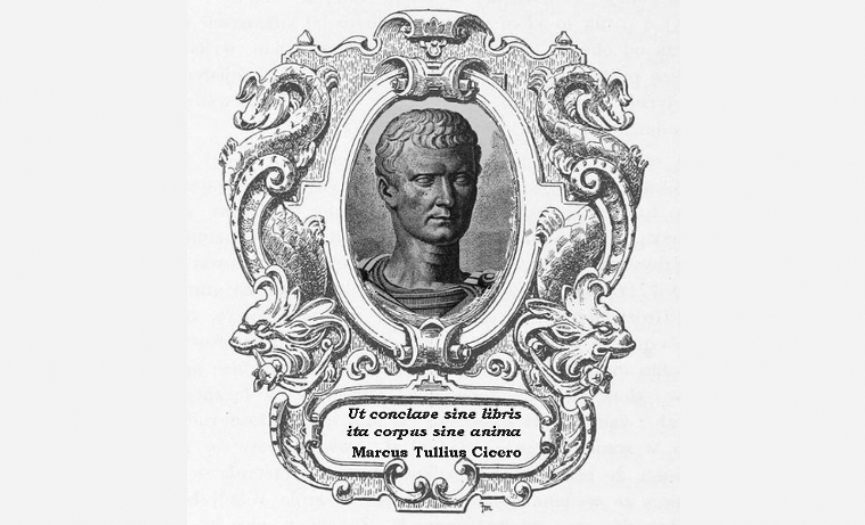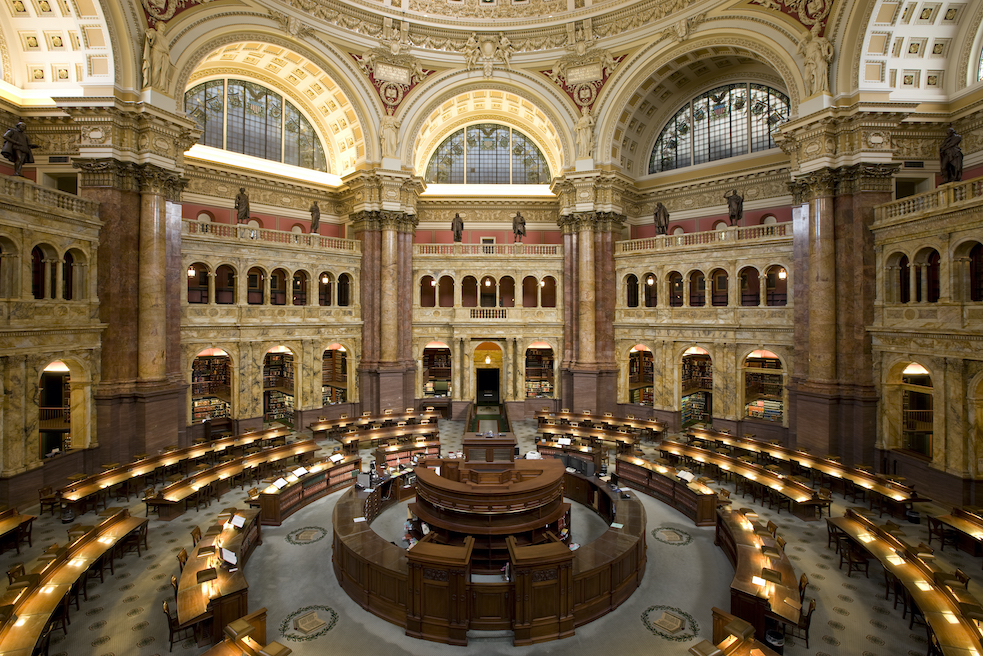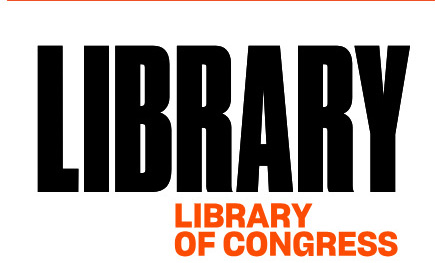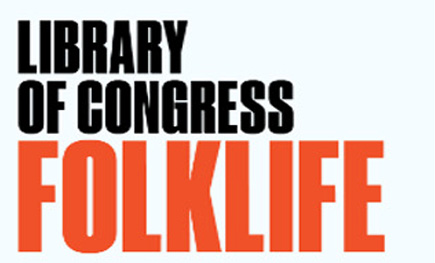
The Address of the American Rare Book Collection "Library of Congress"
"Ut conclave sine libris ita corpus sine anima. / A room without books is like a body without a soul." - Marcus Tullius Cicero
In the words of Marcus Tullius Cicero, a Roman, sage, orator, and statesman who studied philosophy in Epicurean and Stoic schools, Hello from Bibliobibuli; “Ut conclave sine libris ita corpus sine anima - A room without books is like a body without a soul." I see the wise Cicero's sentence and augment it with a Latin sentence: "Verba volant, scripta manent - Words fly away, writing remains". Libraries, which have preserved written works since the 7th century BC until today, continue to be of great importance for bibliophiles and researchers. We are living in times where digital communication is provided to libraries all over the world with the widespread use of the Internet. While fulfilling the requirement of "Bibliojournalist", an adjective created by my mind and given to myself, that is, while researching the "book", the cellulose-based object of desire, I found myself on the website of the "Library of Congress". While I was living the Bibliobibuli paradise by surfing through countless books and documents, I did not forget you. In the following lines, I tell you about the Library of Congress in Washington DC, USA, while drinking plain Turkish coffee with lemon. Here you go! Enjoy your reading time.

Library of Congress, Main Reading Room, Division of Humanities and Social Sciences, Thomas Jefferson Building.
Unique source of information
In this research file of Bibliobibuli, I offer a library recommendation for bibliophiles and researchers. The Library of Congress in Washington DC, USA is considered one of the unique sources of information in world librarianship. Founded in the US Capitol Building in 1800, the Library of Congress contains millions of cataloged books and printed materials.
Rare book collection
The enormous size and diversity of “The Library of Congress” collections make it the largest library in the world, containing millions of manuscripts, North America's largest rare book collection, the world's largest collection of legal materials, films, maps, sheet music, and sound recordings. These collections, which contain approximately 164 million items in almost all formats, languages, and subjects, are recorded as the most comprehensive accumulation in the history of librarianship.

The Library of Congress internet logo
Multilingual, multisystem classification
The Library of Congress has research materials in more than 470 languages and more than 35 texts and media systems. It is stated by the authorities that the library collections are constantly growing. According to the information provided in the library's digital environment, the materials come to the library through a purchasing program that spans the world and includes over fifteen thousand agreements with foreign governments and research institutions for the exchange of research materials.
Permanent collection selection for the library
Librarians, who record that approximately twenty-two thousand items arrive each day, say that approximately ten thousand of these items will become part of permanent collections selected in accordance with the “Library of Congress Collections Declaration”. The library's collection-building activities cover almost every discipline and field of study. It is also stated that in the library, which includes all different types of publications and media for recording and storing information, efforts are always made to develop rich representative collections in almost all fields. The Library of Congress strives to fulfill its mission to "perpetuate and preserve the universal collection of knowledge and creativity for future generations."
The Library of Congress works with its own staff of experts, as well as copyright custodians, booksellers, scholars, and other experts, to ensure its continuity.
Library-specific ID card
In order to use any of the Library's public collections, all researchers must have a Reader ID Card issued by the Library. New researchers joining the library are encouraged to take the "Research Orientation to the Library of Congress" course offered by the Department of Humanities and Social Sciences. This 90-minute course, offered year-round, is offered as a basic introduction for researchers using any of the Library of Congress collections and resources.
Digital data of the library
Welcoming approximately 370,000 visitors to its Capitol Hill campus, the library's web pages record more than 151.6 million visits and 520.3 million page views. It is recorded that more than 22.3 million copies of Braille, audio, and large print materials were distributed to visually impaired users, and there are more than 134.4 million items in unclassified (special) collections.

AFC internet logo
American Folklife Center (AFC)
However, the American Folklife Center (AFC) was established by Congress in 1976 at the Library of Congress in Washington DC "to preserve and promote American Folklife". Activities such as field work and interpretation related to Jewish Culture and Jewish Americans are also carried out within the "American Folklife Center (AFC)". Hebrew and Yiddish materials in the American Folklife Center (AFC) archival collections dating from the 20th century to the present provide an introduction to the documentation of traditions. Featured here are photographs, recorded interviews, artistic performances, and manuscripts about Jewish communities across the United States.
There are also special collections
The Ruth Rubin Collection of Yiddish Folk Songs and Folklore is known as one of the most comprehensive collections of sound field recordings of Yiddish traditions in North America.
The Henry Sapoznik Collection contains thousands of recordings, manuscripts, and photographs documenting Yiddish radio broadcasts, theater, and music in the United States. The Aaron Ziegelman Foundation Collection contains audio and video recordings of oral histories of family members of people who lived in Luboml between World War I and World War II. The Ben Stonehill Reproduction Project contains recordings of more than 1,000 songs by European Jewish immigrants and refugees recorded in New York City in 1948. Other AFC collections document Jewish songs, music, rituals, foodways, and oral histories from around the world.
The story of Bosnian Sephardic singer Flory
The American Folklife Center also houses important papers by Flory Jagoda, a traditional Sephardic singer and musician who fled her native Bosnia to escape Nazi occupation in 1941.
While living in a deportation camp in Italy, Flory meets US officer Harry Jagoda. They marry in 1946 and move to Northern Virginia; Flory remains there until his death in 2021. To honor her family, most of whom were killed by the Nazis, Flory makes it her life's mission to preserve songs, music, and the Ladino language. AFC's recordings and photographs of Flory Jagoda are included in seven collections, including two concerts and an oral history interview, which are available online as webcasts.
Library of Congress website
You can access the Library of Congress at https://www.loc.gov/ and benefit from the digital archive containing countless books, articles, periodicals, audio and video files for your research.
With friendship from Bibliobibuli.
Related News









